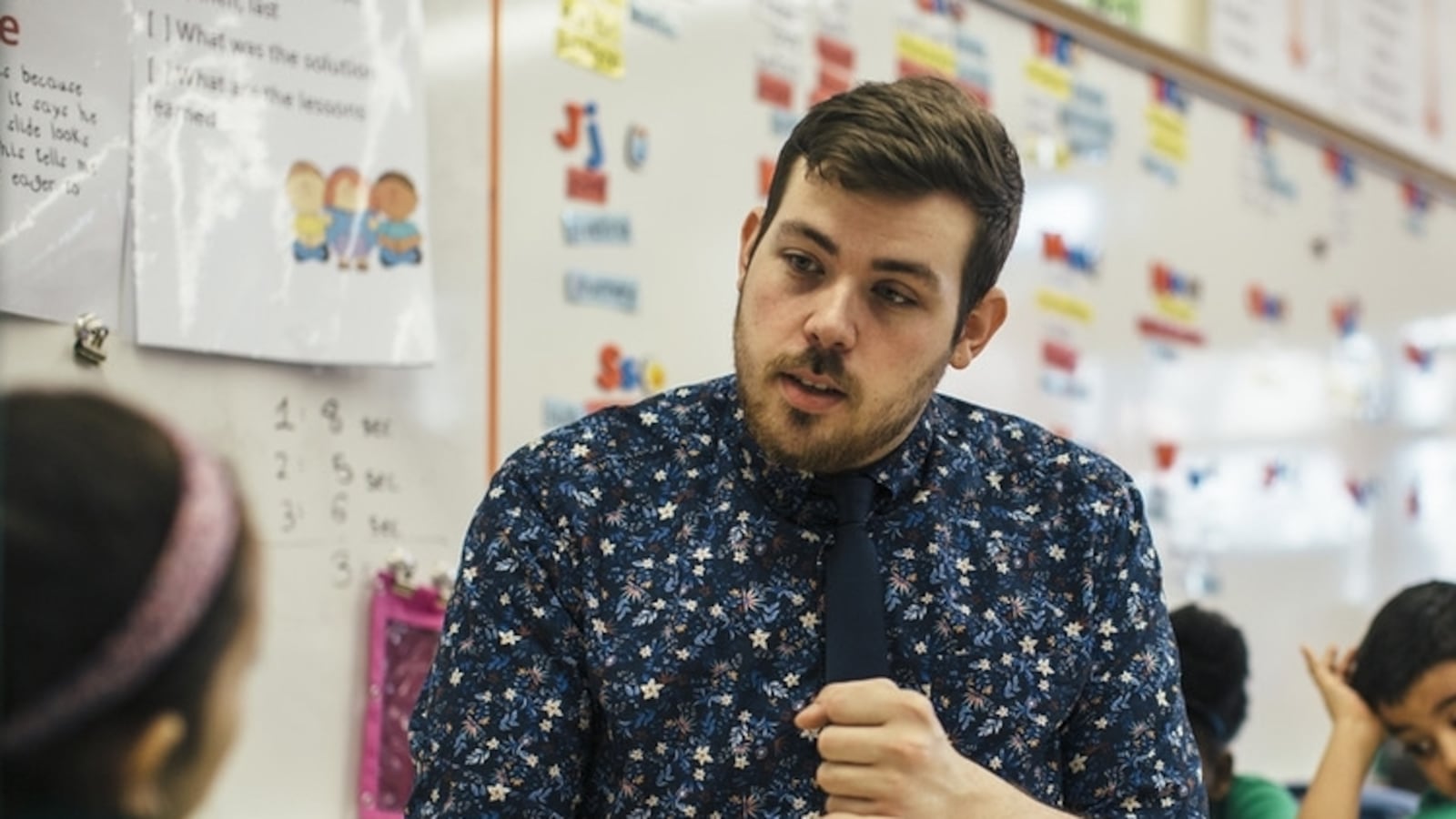The first time someone made fun of me is a vivid memory seared into my brain.
I was in second grade, just like the students I’m teaching now, and another student told me I was more like a girl than a boy. She decided my name would be Michelle Patricia. She danced around me singing it over and over until I cried, and then, frustrated at the absence of help, slammed my head repeatedly into the concrete wall.
It’s been almost two decades since that time, and I still remember it.
I heard about the terror attack in Orlando early the next morning, and after the initial shock, I remembered this instance from almost 20 years ago. I remembered the first time my father told me he wouldn’t love me if I was gay. I remembered a classmate calling me the “F-word” in high school. I remembered praying every night of my adolescence for something inside of me to change and be normal.
I remembered it all. But most of all I remembered that first instance. I remembered it the way a city remembers a hurricane. And I knew I must do something.
I decided at my last job that out-ness (or being publicly gay) would no longer be a question at the place I worked, because it’s such a significant part of my identity. Achievement First has provided such a warm and hospitable environment that I never felt unsafe sharing this part of my identity, even in my interview. But for some reason, it’s always been something I’ve kept private from students.
I wasn’t sure how to tell them, or when, or even if I should. But when I was seven and confused and slamming my head against the wall because my classmates didn’t understand me, I wish I’d had one person I could turn to. My students deserve to have someone.
I decided to no longer be passively in the closet, but to do what is right. I came out.
We watched the film adaptation of “The Bravest Knight Who Ever Lived” (a fairy tale in which the main character, a boy, marries a prince at the end) and discussed what we already knew about gay people. Then I shared part of my identity with them. It was difficult, and not everyone was super excited. But we hugged and talked through what it meant to be a member of the LGBT community today in America.
Afterward, we discussed the events that occurred in Orlando. My students wanted to write notes to the victims’ families and surviving victims still hospitalized or healing. Their minds went right to compassion and action, which is what makes this work so amazing.
I came out because my LGBT students deserve to know someone else like them is out there. I came out because I could no longer let gay people be people who exist in parallel lives to our students. And I came out because I know that truly preparing our kids for success in college and beyond means preparing them to develop and maintain relationships with people who look different, sound different, love different, smell different, eat different, or have any difference within the gamut of human experience. I’m thankful to work in an environment that supports me and helps our students be more aware, supportive, and excited about differences between people.
This piece was first published on Achievement First’s blog.
About our First Person series:
First Person is where Chalkbeat features personal essays by educators, students, parents, and others trying to improve public education. Read our submission guidelines here.



